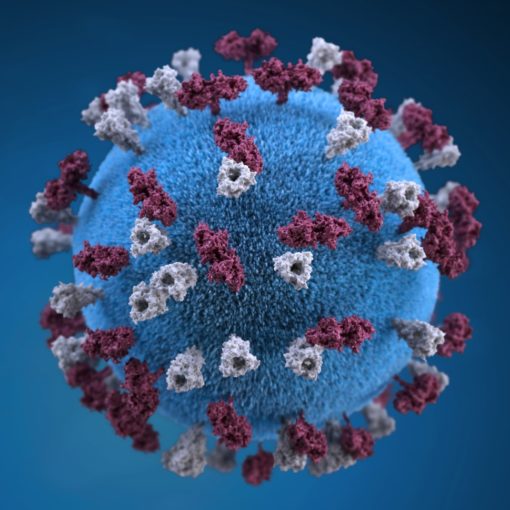
Having recently attended a one-day symposium on Evidence Based Nutrition for Positive Aging hosted by Massey University, I wanted to share some interesting points.
As we age our muscle mass naturally declines as does the size of muscles, function and strength. There is a condition called Sarcopenia which is accelerated muscle loss (similar to Osteopenia for bone loss). Bone and muscles go hand in hand. Sarcopenia can effect daily routines, such as not being able to get up out of a chair, and the inability to do daily tasks. We don’t lose muscle over time, it happens in short spurts e.g. from the time of a knee operation to discharge there is already muscle loss happening. Or when immobility happens, such as being in bed with the flu, therefore it is important get back to activities, as soon as possible. We need to maintain muscle capability for as long as possible.
Exercise, especially weight bearing, is a crucial factor in maintaining our muscle mass as well as ensuring we are having adequate protein on a daily basis. Older people seem to have a delayed response to protein digestion so it is important their intake is evenly spread throughout the day. Protein foods contain amino acids and each one has different functions. Some can be made by our bodies but there are eight essential amino acids that cannot be made called essential amino acids and must be obtained from food. Protein sources include meat, fish, eggs, dairy products, soy products and legumes.
We all know the saying If you don’t use it you will lose it. So keep moving to get your muscles working.




